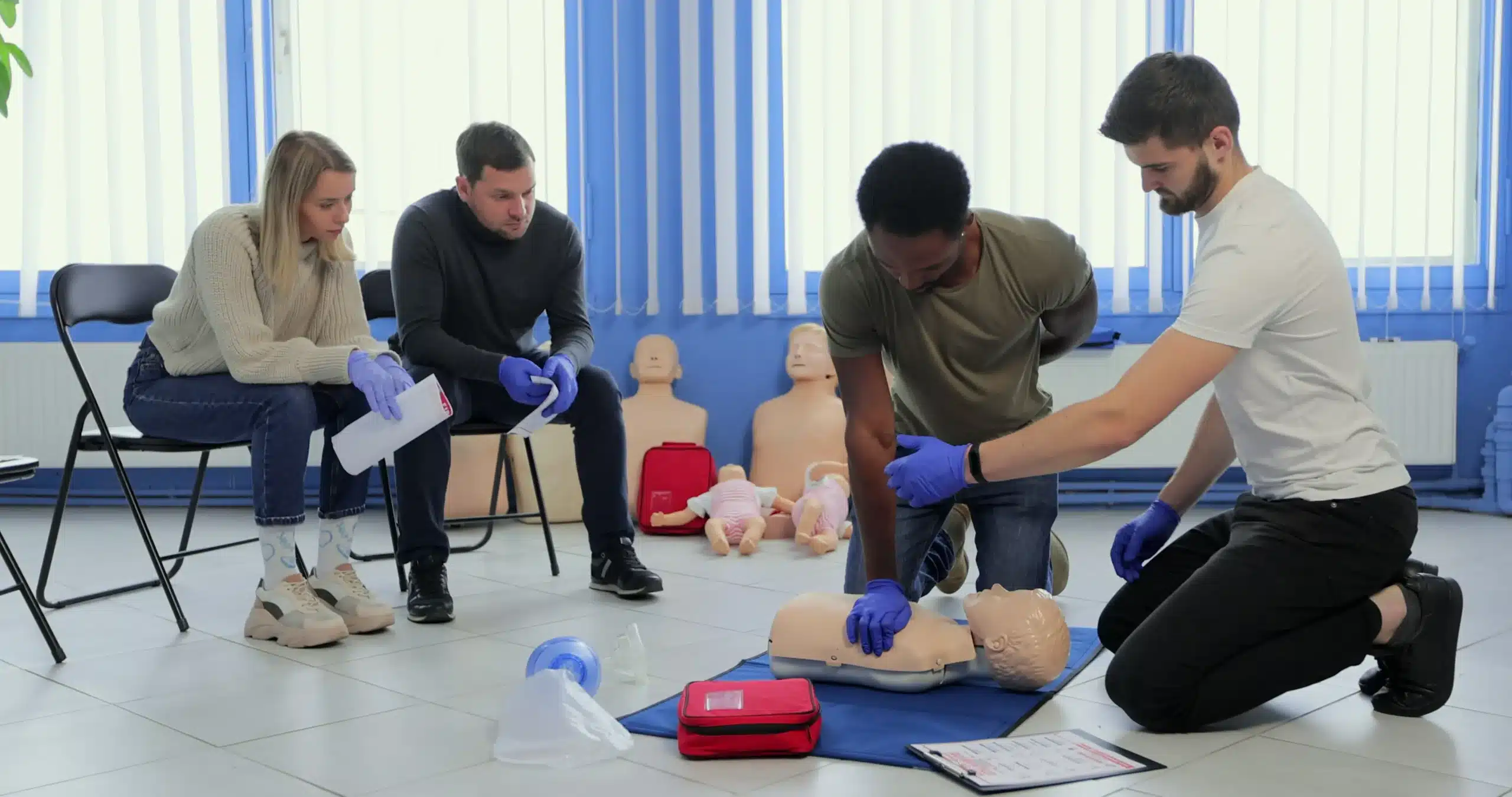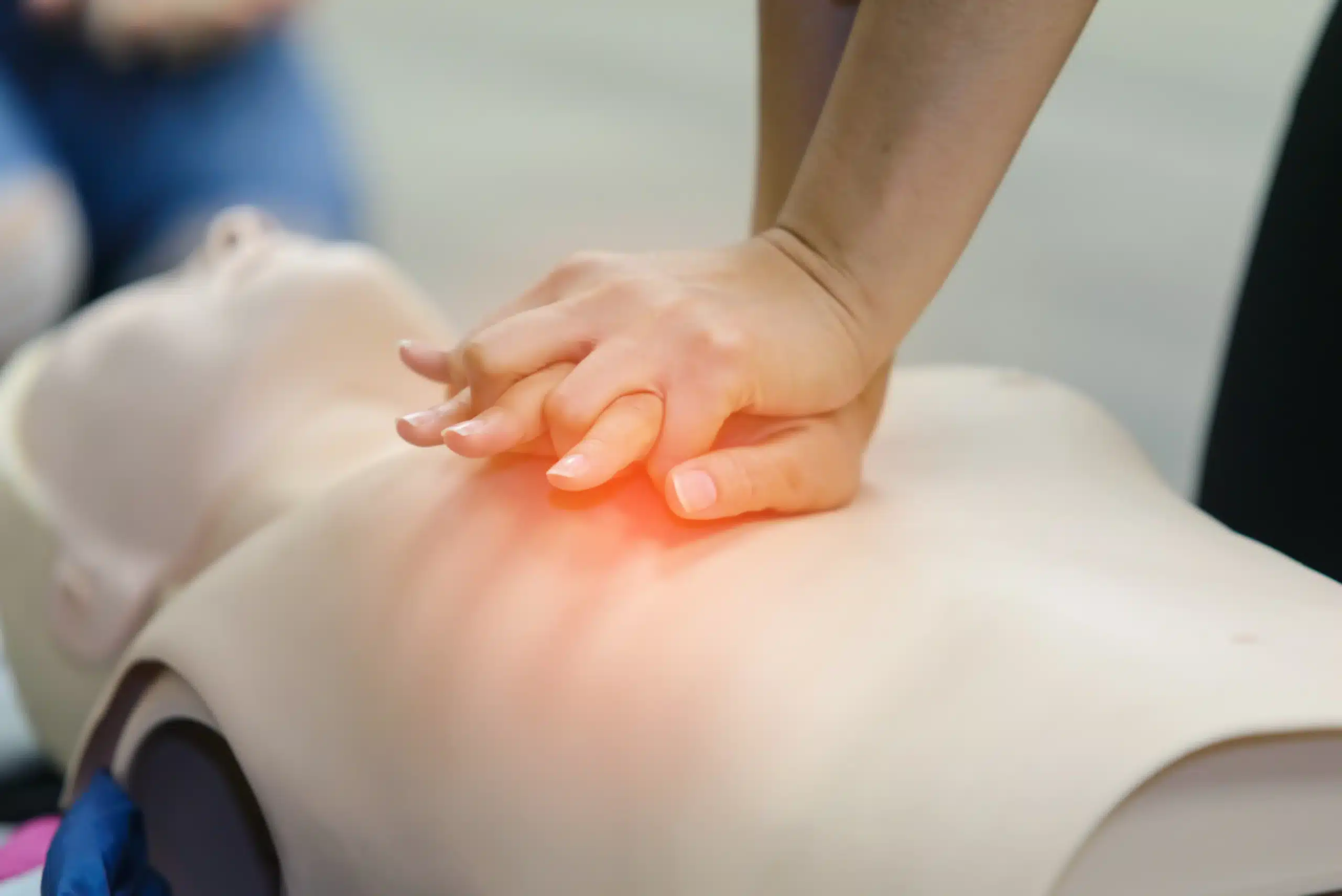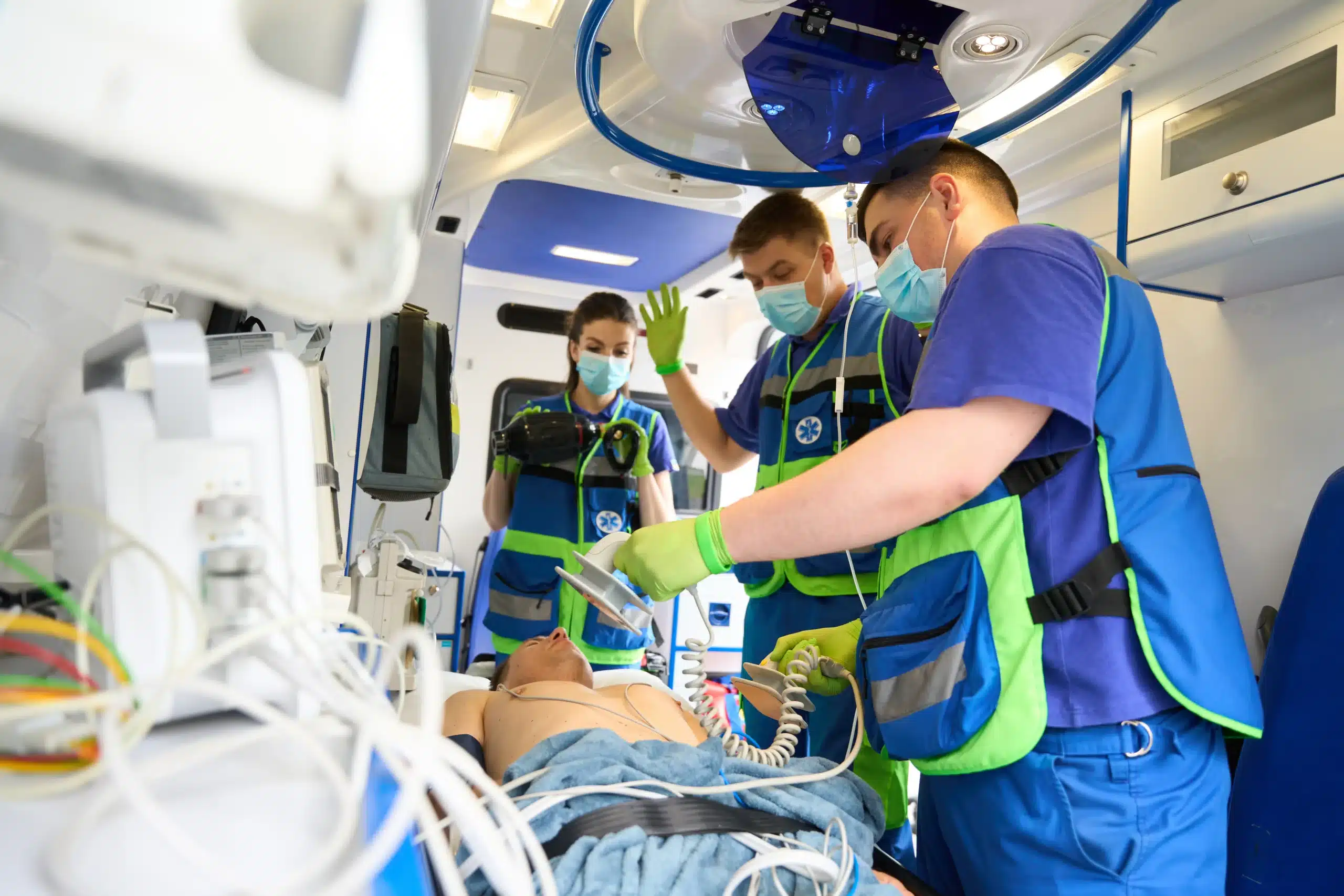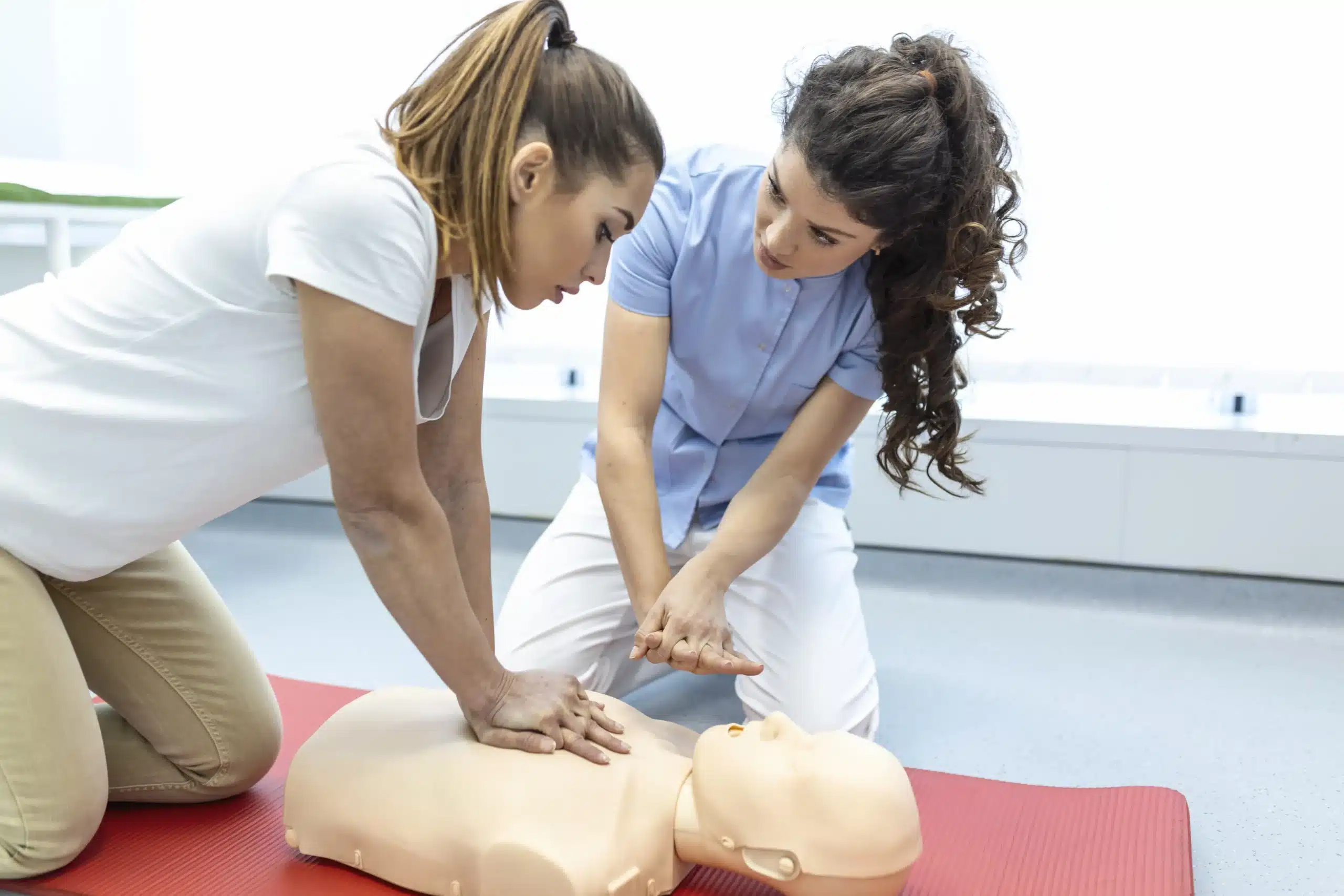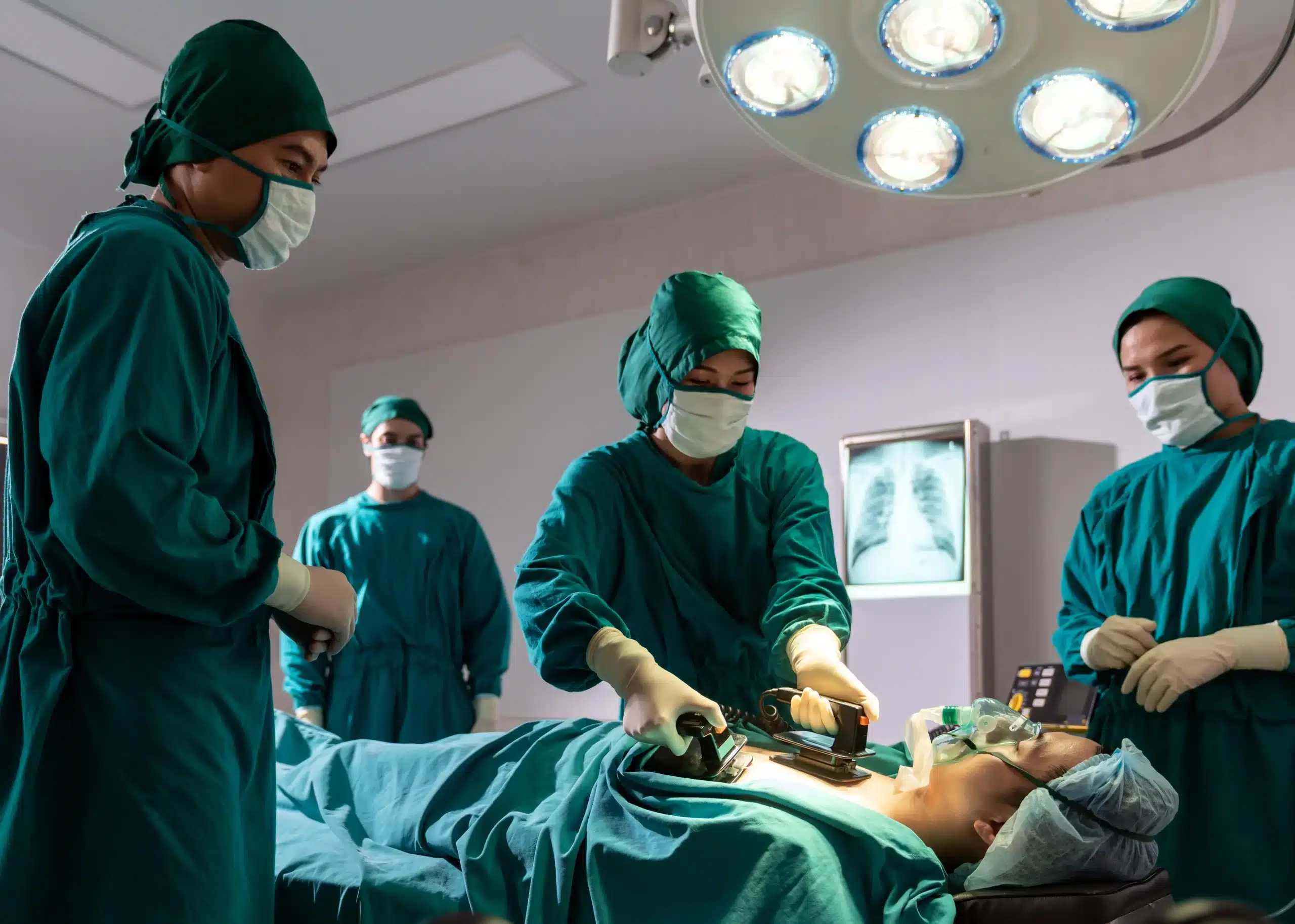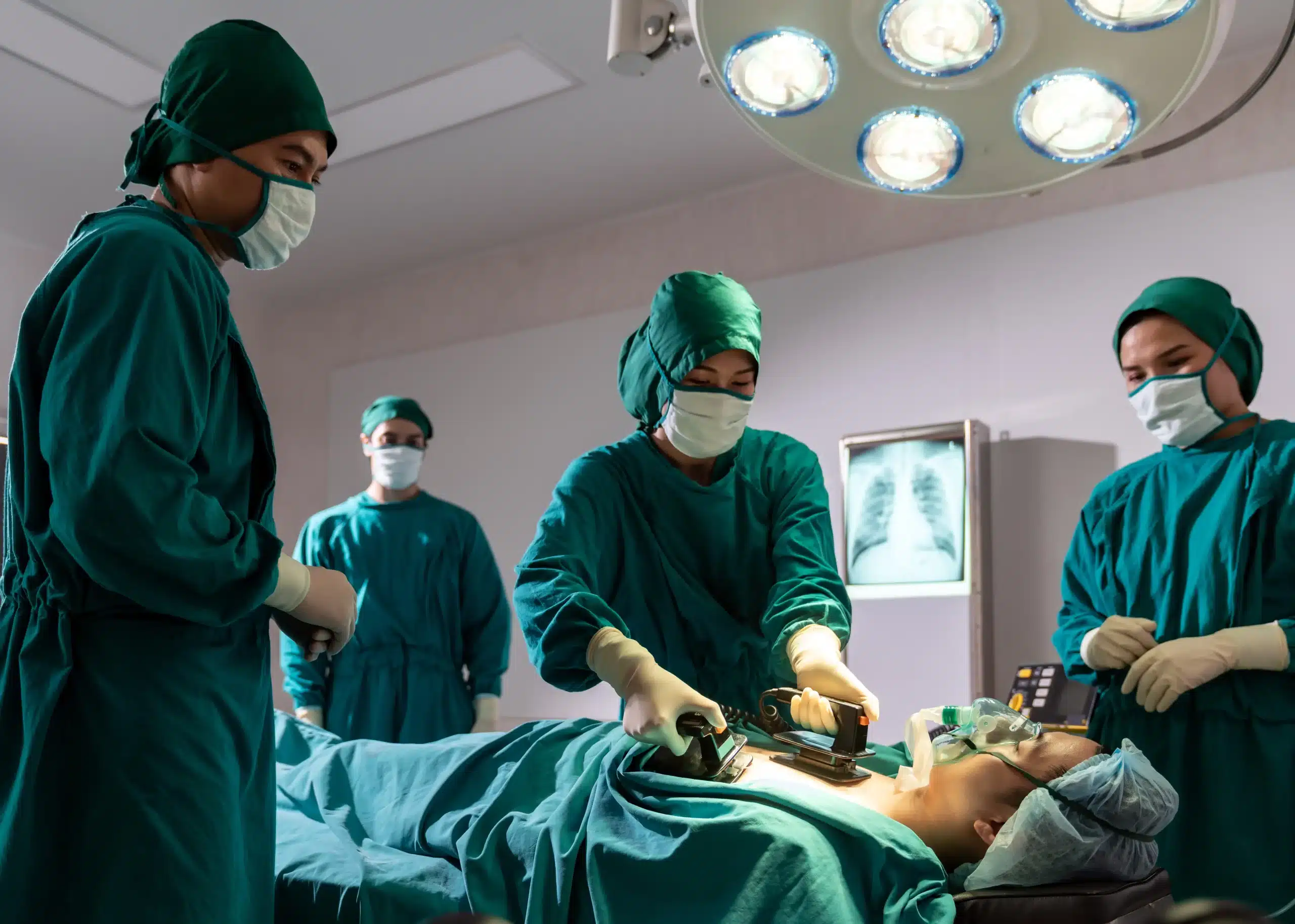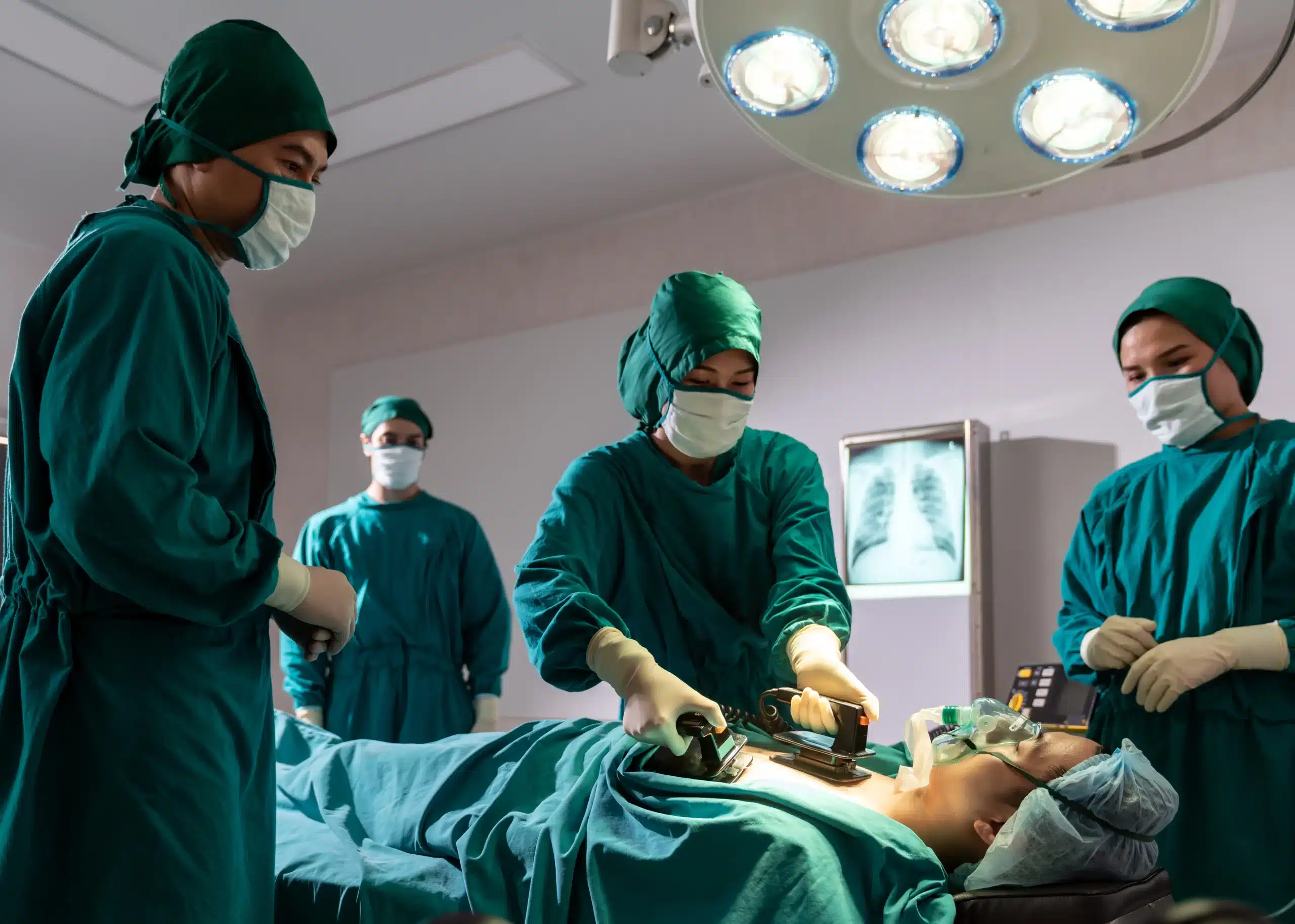Are you searching for comprehensive and reliable BLS ACLS PALS training in San Rafael? Whether you’re a seasoned healthcare provider or just starting your journey in the medical field, having the right certifications can significantly impact your career and your ability to respond effectively in emergencies. This article will break down the key differences between BLS, ACLS, and PALS certifications, discuss who benefits most from each type of training, and guide you through the process of finding the best training provider in San Rafael. We’ll also explore the importance of staying up-to-date with the latest guidelines and maintaining your skills to ensure you’re always prepared to provide the best possible care.
Key Takeaways
- Choose the right certification for your needs: BLS provides a foundation for everyone, ACLS is crucial for advanced cardiac care, and PALS focuses on pediatric emergencies. Consider your career goals and personal needs when selecting a course.
- Select a quality training provider: Look for AHA-accredited centers with experienced instructors, flexible scheduling, and positive reviews. Think about factors like location, class size, and course format to find the best fit.
- Stay current and practice regularly: Maintain your skills through ongoing practice and continuing education. Regularly review the latest guidelines and seek opportunities to refresh your knowledge and apply your training.
What are BLS, ACLS, and PALS?
Knowing the difference between BLS, ACLS, and PALS can help you choose the right course for your career and personal goals. Let’s break down each type of training:
What is BLS?
Basic Life Support (BLS) provides the foundational skills needed to respond to life-threatening emergencies. BLS certification courses cover essential techniques like CPR, using an automated external defibrillator (AED), and relieving choking. These skills are crucial for anyone in a position to help during a medical crisis. For more information, check out our BLS certification page.
What is ACLS?
Advanced Cardiovascular Life Support (ACLS) builds upon the fundamentals of BLS. This advanced training is designed for healthcare professionals who manage cardiac arrest and other cardiovascular emergencies. ACLS emphasizes teamwork, effective communication, and using advanced life support algorithms. Our RQI program offers a fast and efficient way for healthcare professionals to get certified.
What is PALS?
Pediatric Advanced Life Support (PALS) focuses on the specific needs of infants and children facing life-threatening situations. PALS training equips healthcare providers with the knowledge and skills to assess, treat, and stabilize young patients during emergencies. We offer comprehensive PALS certification at San Rafael CPR Classes.
Why are these skills important?
These certifications empower individuals to confidently respond to emergencies and potentially save lives. From basic airway management to complex cardiac care, these skills are invaluable in various settings. Whether you’re a medical professional, childcare provider, or simply want to be prepared, BLS, ACLS, and PALS training can make a real difference. Learn more about our BLS, ACLS, and PALS training programs.
Who needs these certifications?
While healthcare providers often require these certifications, many others can benefit from this training. BLS is helpful for anyone, including teachers, coaches, and parents. ACLS is essential for doctors, nurses, and paramedics. PALS is crucial for pediatricians, pediatric nurses, and other healthcare professionals working with children. You can find a directory of CPR providers in Northern California on our website. Check with your employer or professional organization to see if CPR certification is required or recommended for your role. We also offer a low price guarantee on all our courses.
Find BLS, ACLS, and PALS Training in San Rafael
Looking for CPR, BLS, ACLS, or PALS certification in San Rafael? Several excellent options cater to different needs and schedules. Let’s explore some of the top training providers in the area.
San Rafael CPR Classes
San Rafael CPR Classes offers a comprehensive range of courses, including Basic Life Support (BLS), Advanced Cardiovascular Life Support (ACLS), and Pediatric Advanced Life Support (PALS). They are known for their commitment to quality instruction, convenient scheduling, and affordability.
AHA-Approved Certifications
As a woman-owned American Heart Association (AHA) Training Center, San Rafael CPR Classes provides AHA-certified courses. This ensures your training meets nationally recognized standards, which is essential for healthcare professionals and anyone requiring certification.
Convenient Location & Extended Hours
Classes are conveniently located at 4340 Redwood Hwy, Suite F-154, San Rafael, CA 94903, and are offered between 8 am and 10 pm. This flexibility makes it easier to fit training into your schedule.
Fast Track Certification (RQI Program)
For medical professionals seeking expedited certification, the RQI program offers a blended learning approach. This combines online coursework with a hands-on skills test, often allowing same-day card issuance.
Lowest Price Guarantee
San Rafael CPR Classes offers a low price guarantee, making quality training accessible to everyone in Marin County.
Safety Training Seminars
Safety Training Seminars is another reputable provider of AHA-certified CPR and First Aid classes in San Rafael. They offer BLS, ACLS, and PALS courses and are committed to delivering quality training.
Bay Area CPR
Bay Area CPR offers daily classes and on-site group training. This allows organizations to train their staff on-location. They also provide discounts for group registrations.
Other Local Providers
You can also find other local providers offering PALS certification and various CPR courses through a quick online search. This allows you to compare options and choose the best fit.
Get Certified: Process and Course Details
Getting certified in BLS, ACLS, or PALS is straightforward. Here’s what you can expect:
Course Duration and Format
Courses are offered daily at our San Rafael location: 4340 Redwood Hwy, Suite F-154, San Rafael, CA 94903. We have extended hours from 8 am to 10 pm, making it easier to fit training into your busy schedule. We offer a variety of course formats, including in-person and blended learning (partially online). Check our website for specific course schedules and availability.
Skills Assessment and Hands-on Training
We use interactive, voice-activated mannequins for skills testing. This allows for a realistic and independent assessment experience. An instructor isn’t present during the test, but phone support is available if you need it. Hands-on training is essential for developing confidence and competence in life-saving techniques.
Certification Validity and Renewal
Certification periods vary depending on the course. While some certifications, like ACLS, may not require traditional renewals, staying up-to-date with the latest guidelines is crucial. Regularly reviewing current practices ensures you’re always prepared to provide the best possible care. Check with your certifying organization or San Rafael CPR Classes for specific recertification recommendations.
Online vs. In-Person Training
We offer both online and in-person training options to meet your needs and learning style. Our RQI program provides a fast, flexible path to certification, combining online learning with in-person skills evaluation and often allowing for same-day card issuance. Traditional in-person classes offer a comprehensive, hands-on learning experience guided by our expert instructors.
Pricing, Discounts, and Group Rates
We offer competitive pricing on all our courses and have a low price guarantee. We also offer discounts for groups, so contact us for a custom quote if you’re training a team. We’re committed to making life-saving training accessible and affordable.
Choose the Right Training Provider
Finding the right training provider is key to a positive and effective learning experience. Whether you’re a healthcare professional maintaining certifications or someone new to CPR, consider these factors.
Factors to Consider
Think about your specific needs. Do you require a particular certification like BLS? Are you interested in a broader program covering CPR, First Aid, and PALS? San Rafael CPR Classes offers a range of courses to meet various needs. Also, consider class size. Smaller classes often provide more individualized attention and opportunities to practice.
Accreditation and Instructor Qualifications
Choose a training center accredited by a recognized organization like the AHA. This ensures the curriculum meets established standards. Instructor experience matters too. Look for certified instructors who foster a supportive learning environment. Safety Training Seminars, an AHA Training Center, prioritizes high-quality instruction in San Rafael.
Scheduling and Accessibility
Convenient scheduling is essential. Look for a provider with flexible class times to accommodate your schedule, including weekend or evening options. Location is also important. Choose a training center that’s easy to get to, whether you’re in San Rafael or a neighboring city. Bay Area CPR offers daily courses throughout the Bay Area for greater accessibility.
Student Reviews and Testimonials
Before enrolling, check out student reviews and testimonials. These offer valuable insights into the quality of instruction, the learning environment, and the overall experience. Reading reviews can help you understand what to expect and make a well-informed choice. Choosing the right provider sets the stage for gaining the confidence and skills to respond effectively in emergencies.
Prepare for Your Training
Getting ready for your BLS, ACLS, or PALS training? A little preparation goes a long way. Here’s what you can do to get ready and make the most of your training experience:
Pre-course Materials and Study Tips
San Rafael CPR Classes provides pre-course materials to familiarize yourself with the core concepts before class. Take advantage of these resources. Watching the videos and reviewing the study guides significantly increases your chances of success. Even if you’re already experienced, a refresher can sharpen your skills and boost your confidence.
What to Expect
Classes are held daily at our San Rafael training center at 4340 Redwood Hwy, Suite F-154, San Rafael, CA 94903, with extended hours from 8 am to 10 pm. This flexibility makes it easier to fit the training into your busy schedule. You’ll receive your certification card the same day you complete your skills test, so you’ll leave class ready to put your new skills to use.
Common Challenges and Solutions
One common challenge, especially for healthcare providers pursuing PALS certification, is balancing work and training. Plan and consider scheduling your training on a less demanding work day or during a period when you can dedicate focused time to learning. Consider these tips for healthcare workers facing these common challenges.
Another potential hurdle, particularly during ACLS evaluations, is communication breakdowns within teams. Remember, these certifications often involve teamwork, so clear and concise communication is essential. Practice communicating effectively with your team members during scenarios and simulations to build a strong foundation for collaboration.
Make the Most of Your Certification
Getting certified in BLS, ACLS, or PALS is a significant achievement, but it’s just the first step. To truly maximize your certification’s value, consider these points:
Apply Your Skills
Don’t let your skills get rusty. Regularly practicing your BLS, ACLS, and PALS techniques is crucial. Understanding the differences between these certifications is also key. BLS provides foundational life support skills, while ACLS focuses on advanced cardiac care, and PALS specializes in pediatric emergencies. Knowing these distinctions allows you to apply the appropriate level of care in different situations. Look for opportunities to refresh your knowledge and skills through scenarios and simulations. Consider joining or creating a study group with colleagues to practice these essential skills.
Continuing Education
The medical field is constantly evolving. Staying current with the latest guidelines and best practices is essential for providing effective care. Continuing education courses and workshops can help you maintain your competency and expand your skillset. Recertification ensures healthcare providers stay updated with advancements, which is essential for handling emergency situations. Consider pursuing advanced certifications or specializations to further your expertise. This ongoing learning demonstrates your commitment to providing the best possible patient care.
Meet Training Requirements
Many healthcare roles require specific certifications like BLS, ACLS, and PALS. Maintaining these certifications demonstrates your commitment to professional development and ensures you meet the necessary requirements for your job. San Rafael CPR Classes offers a full suite of CPR and safety training courses, including BLS, ACLS, PALS, and First Aid, ensuring that healthcare professionals meet their training requirements. Check with your employer or licensing board to understand the specific certification requirements for your profession and stay ahead of renewal deadlines.
Stay Updated on Guidelines
Staying informed about the latest guidelines from organizations like the American Heart Association is crucial for providing high-quality care. Regularly reviewing updated training content and methods ensures that your programs remain relevant and effective. Subscribe to relevant publications, attend conferences, and participate in online communities to stay on top of any changes in protocols or procedures. This proactive approach will help you maintain your skills and knowledge at the highest level. You can also follow organizations like the American Heart Association on social media for updates and important announcements.
Related Articles
- BLS Certification in Fairfax: The Complete Guide – San Rafael CPR Classes
- Online ACLS Classes in Fairfax: Your Complete Guide – San Rafael CPR Classes
- Online PALS Classes in Fairfax: Your Guide – San Rafael CPR Classes
- CPR Certification in San Rafael: Complete Guide
- BLS ACLS PALS Training in San Rafael: Complete Guide
Frequently Asked Questions
How do I choose between BLS, ACLS, and PALS?
The best course for you depends on your current role and career goals. BLS is a great foundation for anyone, while ACLS and PALS are more specialized for healthcare providers working with adults and children, respectively. If you’re unsure, contact us, and we can help you decide.
What if I don’t work in healthcare? Should I still get certified?
Absolutely! While these certifications are essential for healthcare professionals, anyone can benefit from learning these life-saving skills. Knowing how to respond to emergencies can make a real difference in any situation.
How long does certification last, and how do I renew?
Certification periods vary depending on the course. Contact your certifying organization or San Rafael CPR Classes for specific recertification information and recommendations. Staying up-to-date with current practices is always recommended, even if formal renewal isn’t required.
What can I expect during a CPR class?
Our classes combine interactive learning, hands-on practice, and skills assessments. We use voice-activated mannequins for realistic training and independent skills testing. Our instructors create a supportive learning environment where you can build confidence and competence.
What if I have a busy schedule? How can I fit training in?
We understand busy schedules. That’s why we offer classes daily, with extended hours from 8 am to 10 pm at our San Rafael location. We also offer blended learning options, combining online coursework with in-person skills sessions, to provide flexibility.
